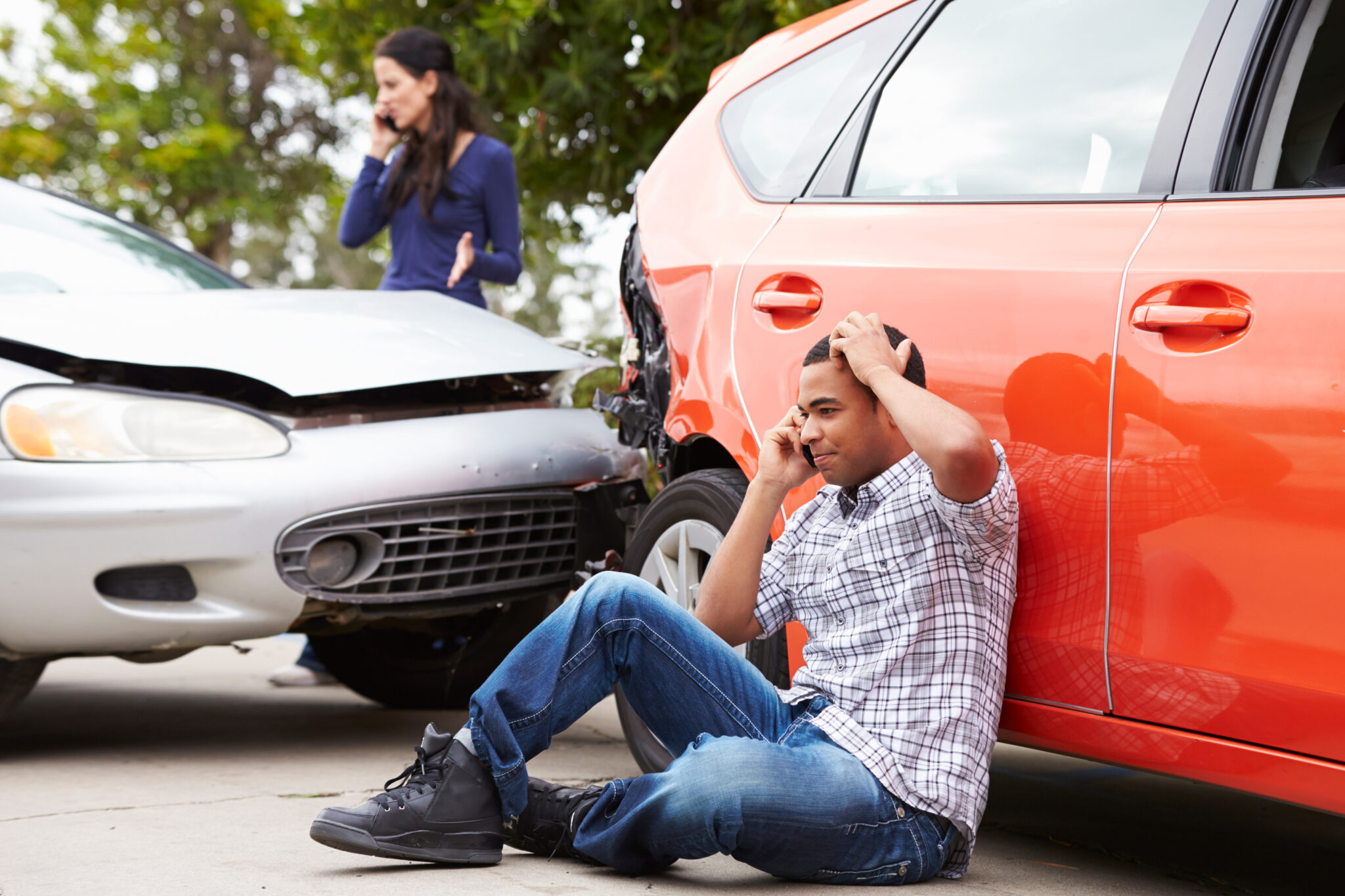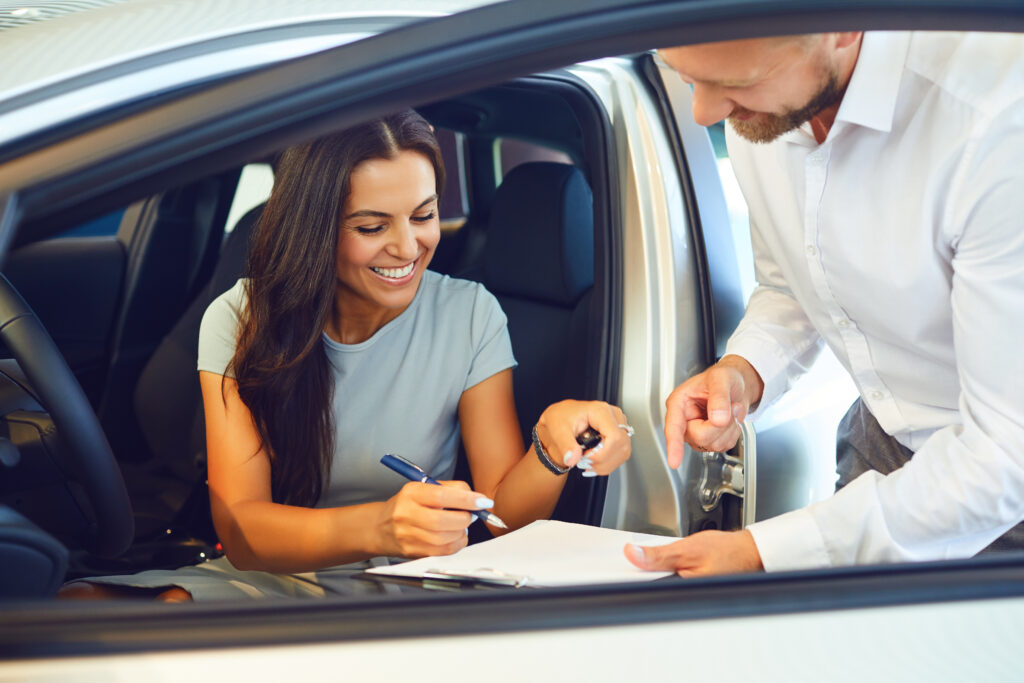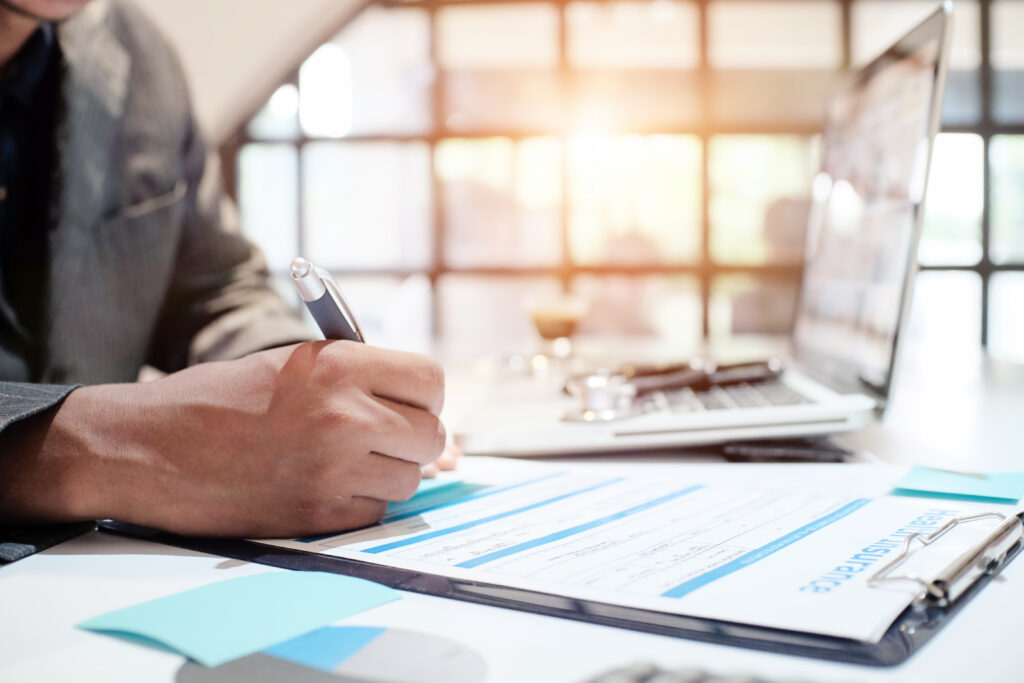A car accident can come out of nowhere. They can be scary, and it can be hard to know what to do right away. You may wonder who you’re supposed to call or what you need to do if you can’t drive your vehicle. The important thing to remember is that, with all the automobiles on the road, many crashes can happen. But if you act calmly, swiftly, and safely, you’ll be closer to moving on with your life.
Some auto crashes are worse than others. It could be something as small as a minor scrape or fender bender with another vehicle. Or it could be a major collision that causes lots of damage and potential injuries. Whichever it is, you must handle it properly to ensure the best possible outcome. Follow these steps if you just got into a car accident:
1. Look for injuries
Safety is more important than anything else. Check for injuries to yourself or others. This includes passengers in your car, pedestrians, or other drivers. Call an ambulance or medical help if anybody has sustained any injuries. If you’re injured and can’t call for help, try seeing if someone else can call for you.
2. Move your car to safety
Vehicles in the middle of the road after an incident can block traffic and could potentially cause more accidents. If you’re able to, move your car off the road to a place where you can safely assess the damage and call 911. This could be a shoulder on the side of the road or a nearby parking lot. Leave your vehicle where it is if it can’t drive or if you or a passenger has serious injuries.
Make sure that there’s no oncoming traffic before you hustle to safety. It’s also a good idea to turn on your hazard lights so that other drivers in the area know an accident has occurred. Once off the road, you’ll be able to look for more injuries or check for damage. If you have them, you should also set up hazard equipment such as flares, cones, or other reflective signs.
Note that you must stay on the scene of the incident. Don’t move too far away from where the incident occurred. You’ll more than likely need to talk to the other people involved and collect info. And you’ll have to work with the police or emergency services when they arrive. You could face legal problems if you get into a collision and decide to flee the scene.
3. Call 911 and report the car accident
You should call the police if you’re involved in a car crash, especially if it blocks the road or caused injuries. Keep in mind that every state has requirements for how you should report accidents. Though state requirements can vary, you must usually file a report if the collision resulted in injury, death, or substantial property damage.
Once they arrive on the scene, the police will most likely document the scene and write an accident report. Be sure to collect the names and badge numbers of any officers at the scene. You should also try to talk to the police about how you can get a copy of the report that they filled out while they were there. Having a copy of the report will help you get more info about the scene and will help you when you file an insurance claim.
Sometimes, law enforcement may not respond, especially if it’s minor. If they don’t show up at the scene for some reason, you can go to a nearby police department and fill out a report. In some cases, you may also be able to go online and fill out an accident report on their website.
4. Document the scene
One of the most vital steps you can take after getting into a car accident is documenting the scene. This includes taking photos or videos, collecting documents from other drivers, finding eyewitness accounts, or asking for contact info.
Here’s some useful info you should collect after a car wreck
- Documents from any other drivers involved such as driver’s licenses, registrations, and insurance cards
- Accounts of the crash by witnesses or passersby
- Pictures or witness accounts of injuries to yourself, passengers, or other drivers involved
- Pictures of the road, damage to all vehicles involved
- Make and model of all vehicles involved
- Names and badge numbers of police officers at the scene
- Location/address of the incident
- Time of day and weather
Gathering the above will help you have enough info on your side when you go to file a claim with your insurance company. It may also help you with the police if they must determine if someone’s at fault. You may not be able to get all of it, especially if you’re injured or need to help others. Just try your best to document as much as possible.
5. Call for roadside assistance
You may need to call for assistance if your vehicle is undrivable. Roadside assistance can help you get a tow truck to move your car off the road. You can get roadside assistance plans through your insurance company or with an auto club such as AAA. But you can also get it from some credit card companies, vehicle manufacturers, or cell phone providers.
Be sure to check out our article on the best insurance companies for roadside assistance.
6. Contact your insurer
It’s crucial to contact your insurance company as soon as possible after getting in an accident. They’ll be able to help you get started with filing a claim and getting your car any needed repairs. But don’t put off calling your insurer. It’ll be hard to remember everything about the incident, even after a few days.
Remember to give your insurer as much info about the accident as you can. It might even be helpful to call your provider at the scene of the crash so there’s little chance you’ll forget something. Per Allstate, your insurance carrier might also walk you through key details you need to give them to file a claim if you call them immediately.
How to Be Ready for a Car Accident
You never know when you’re going to get into a road mishap. Other drivers can be unpredictable, weather can cause roads to be hazardous, or your vehicle may have an unforeseen issue. Despite our best efforts, accidents happen. That’s why it’s important to be ready well before you’re involved in an traffic collision. Below are some things you can do to prepare for car crashes:
- Store important documents in your car. This includes things such as your registration, proof of auto insurance, ID cards, or health coverage info.
- Store a safety kit in your car. Putting together a kit with useful items can help you in the aftermath of an accident. These safety kits usually have things like flares, reflective gear, a first-aid kit, and more.
- Ensure you have proper coverage. Minimum liability can only go so far in an accident. Coverage options such as collision insurance helps pay for the repairs after a collision with another vehicle or object. Comprehensive probably won’t help in a crash situation.
- Own a vehicle with modern safety features. Newer cars come with technology that can help prevent crashes or protect you during one. Many insurers also offer special savings to people whose cars have certain safety features. Common examples include the anti-lock brake and passive restraint discount.
Frequently Asked Questions
How do you deal with auto insurance after a car accident?
You should get in contact with your insurance company ASAP after you get into a car crash. But before you call them, you should make sure you’ve collected enough info about what happened during and after the accident. It’s a good idea to write down any key details you want to bring up or discuss with your insurer on the phone.
Can I file an insurance claim online following a crash?
Many auto insurance companies allow you to file a claim or track info about it online or on their mobile app. Double-check with your insurer to see if they have options for filing online.
What if I hit a car with nobody in it?
If you hit a vehicle with nobody in it, such as in a parking lot, don’t worry. The steps you should take are almost the same as a collision with another driver. Try to find the owner if you can. If there’s nobody to talk with afterward, you’ll have to leave a note with your contact details and insurance information. You should also take note of the car’s make and model and the location of the accident.
What shouldn’t I do after a motor vehicle collision?
There are a few things you should never do after a car accident:
- Never leave the scene. You could face legal trouble if you flee the scene and get caught, especially if the incident caused property damage or injury.
- Never admit fault. Other drivers and/or police officers at the scene can use your words against you. Even if you think you might’ve caused the accident, don’t say anything.
- Never blame other people. This could lead to unneeded conflict that could put you and other people in danger.


